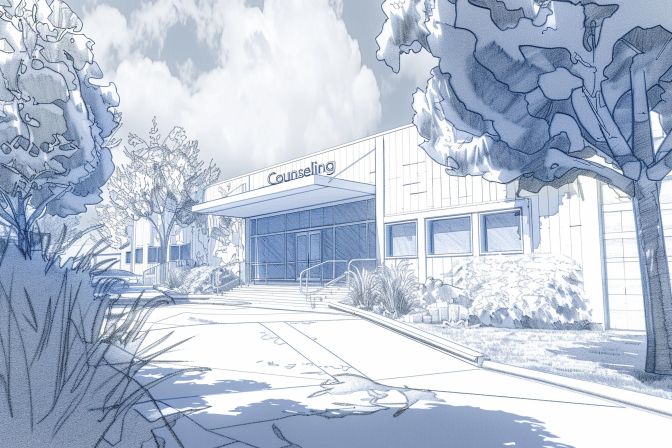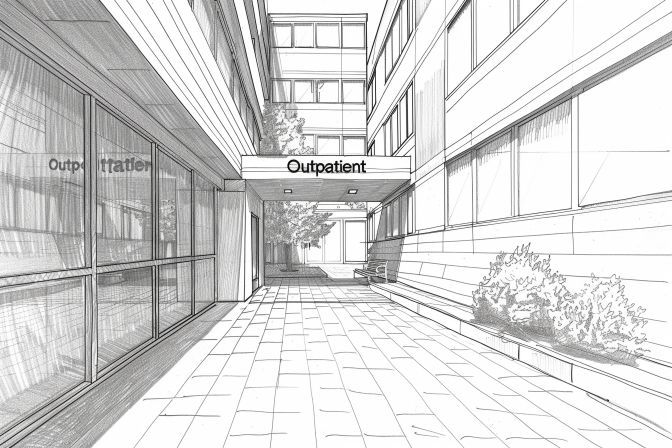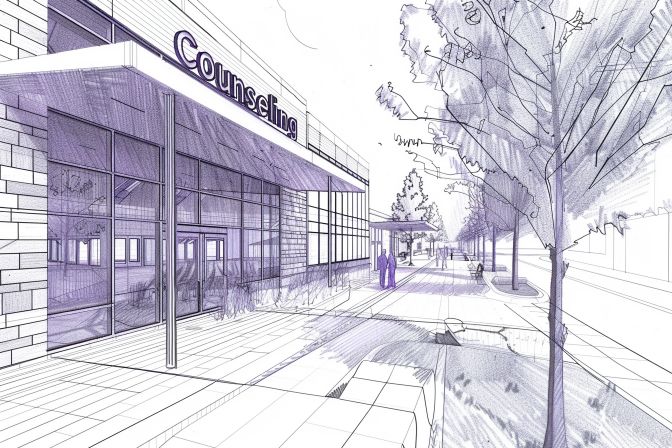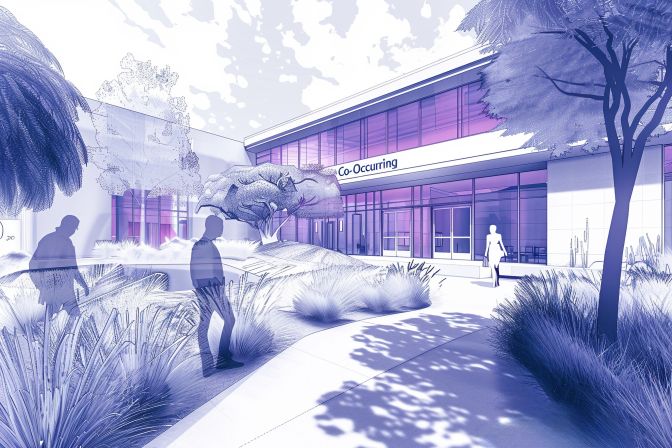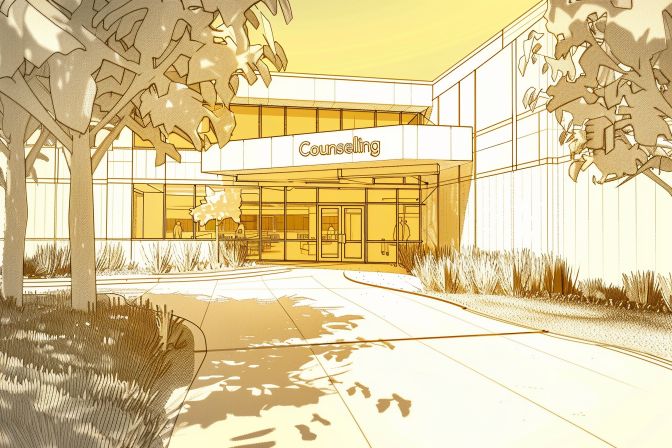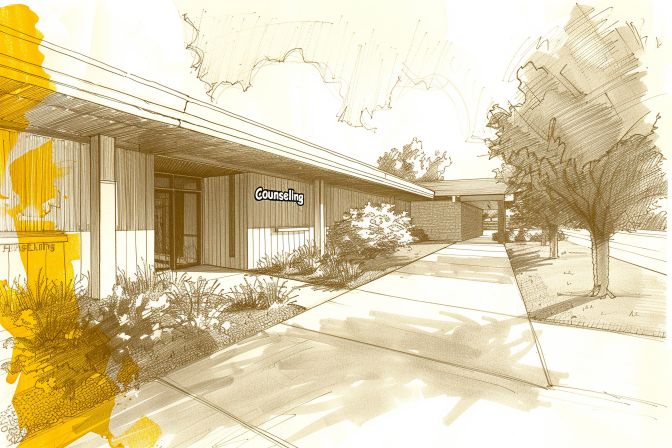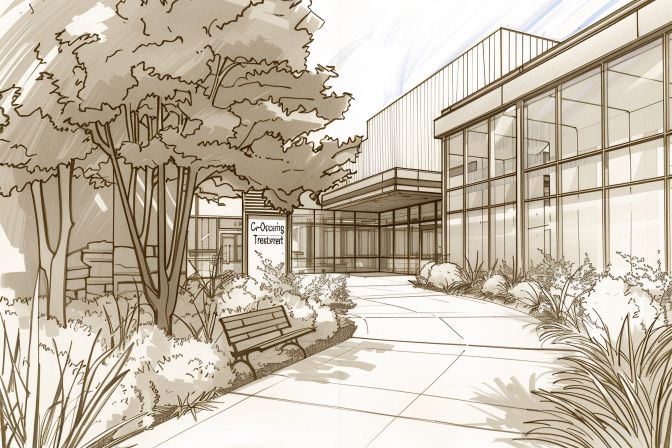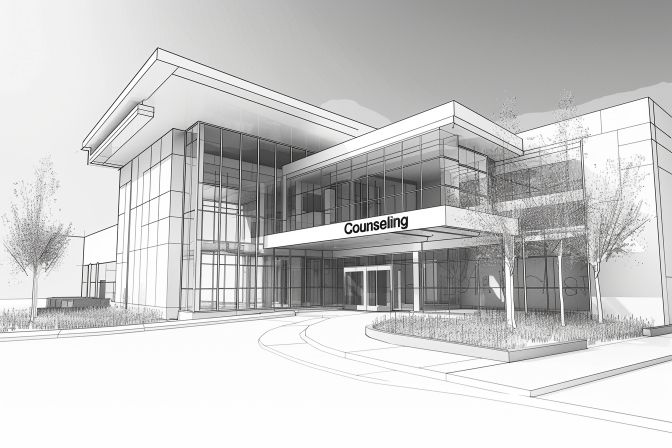Compass Behavioral Health Ulysses
404 North Baughman Street, Ulysses, Grant, KS 67880
Call 24/7
Free and Confidential
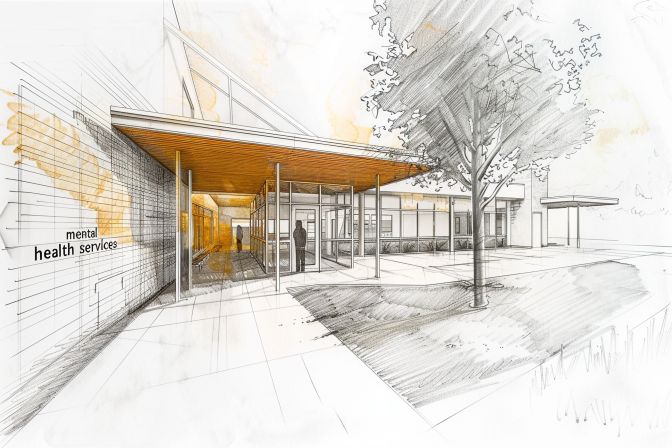
Insurance accepted
Cash Pay Rate
Compass Behavioral Health is a private non-profit organization offering outpatient treatment in Ulysses, KS that caters to people seeking help for substance use disorders. This center offers programs for substance use treatment including brief intervention, cognitive behavioral therapy, motivational interviewing, SUD counseling and telehealth.
MAT
Co-occurring disorder treatment
4 accreditations
3.55/5
About Compass Behavioral Health Ulysses
They accept Medicare, Medicaid, Military insurance, private health insurance and cash or self-payment as forms of payment for services offered and caters to both female and male patients.
This facility also uses counseling as part of its substance use disorder treatment, both helping to understand the cause of addiction and creating tools to aid with recovery. Compass Behavioral Health uses individual counseling, family counseling and couples counseling during treatment.
Compass Behavioral Health offers recovery support services dedicated to helping patients get back on their feet and continue their recovery. These support services include housing services, mentoring/peer support and employment counseling or training as well as transitional services including discharge planning and outcome follow-up after discharge.
This rehab center also holds State mental health department, State department of health and Joint Commission accreditations, ensuring they meet the standards required for effective treatment.
Compass Behavioral Health (Ulysses, Kansas) is rated 3.55 on Recovered’s Trustscore which is based on user reviews and accreditations.
Overview of accreditations
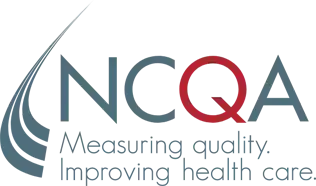
Overview of Services
Languages
Spanish
Special Programs/Groups Offered
Adolescents, Young adults, Adult women, Pregnant/postpartum women, Adult men, Seniors or older adults, Members of military families, Criminal justice (other than DUI/DWI)/Forensic clients, Clients with co-occurring mental and substance use disorders, Clients who have experienced sexual abuse, Clients who have experienced intimate partner violence, domestic violence, Clients who have experienced trauma
Specialization
Substance use treatment, Treatment for co-occurring substance use plus either serious mental health illness in adults/serious emotional disturbance in children

Claim your profile to manage this page and enable the messaging form.
Company Information
404 North Baughman Street, Ulysses, Grant, KS 67880
Occupancy: Call to confirm availability
Company profile
Rating
Recovered TrustScore: 3.55/5
The Recovered Trustscore for Compass Behavioral Health Ulysses is based on the total amount of key accreditations (4) & publicly available review data online for this rehab center. A Bayesian average is applied to all rehabs to ensure fair visibility. Read here for more info
Treatment Services
Medications Used
Specializations & Groups
Services
Setting
Payment support
Assessment & Testing
Transitional Services & Aftercare
Therapies and Interventions
At This Facility
Counseling/Education Services
Smoking/vaping policy
Special Services
Insurance Policy & Other Considerations
FAQs
Common Questions About Compass Behavioral Health Ulysses
Where are they located?
What types of treatment do they offer?
Do they treat opioid use disorders?
Do they offer recovery support services?
Do they have detox programs?
What counseling or therapy do they offer?
Get confidential help and information via our helpline
Recovered invites user reviews from former attendees, as well as their own loved ones and staff members, for all facilities listed on our site that they have had personal experience with.
We audit user reviews regularly and any instance of spamming or manipulation will result in content being removed. Only one review is permitted per user. Any reviews considered to be abusive, offensive, or fraudulent will be removed.
Treatment Centers Nearby
Calls to numbers marked with (I) symbols will be answered or returned by one of the treatment providers listed in our Terms and Conditions, each of which is a paid advertiser.
In calling the helpline you agree to our Terms and Conditions. We do not receive any fee or commission dependent upon which treatment or provider a caller chooses.
There is no obligation to enter treatment.
Access State-Specific Provider Directories for detailed information on locating licensed service providers and recovery residences in your area.
For any specific questions please email us at info@recovered.org
Insurance Accepted
This center accepts most forms of health insurance. Contact them to find out more or use our insurance verification to check your coverage.
Insurance Accepted
This center may not accept all forms of insurance. contact them to find out more.
We are awaiting cost confirmation from the center owner.
Medication designed to help with withdrawal symptoms and cravings may be offered as part of an addiction treatment program.
Co-occurring disorder treatment.
The Recovered Trustscore for Southeast Health Group is based on the total amount of key accreditations (3) & publicly available review data online for this rehab center. A Bayesian average is applied to all rehabs to ensure fair visibility. Read here for more info
Accreditation(s) indicate the organization's national, state, or industry recognition for the treatment of substance use disorders and or mental health conditions.

